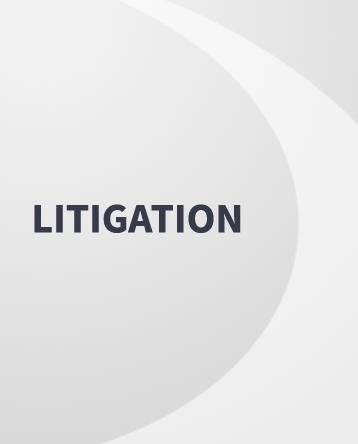Seeking Records on Why Immigrants’ Hearings Are Being Moved Up Without Much Notice to Them or Their Lawyers
Individual hearings are the most important event for immigrants facing removal proceedings. Due to the backlog of cases, EOIR often schedules individual hearings years down the line. During the past two years, however, immigration attorneys have reported that EOIR has advanced the date of immigrants’ individual hearings with limited to no notice to immigrants or their attorneys.
This unilateral advancement of these cases creates a host of problems. Because the rescheduling happens without consulting with immigrants’ lawyers, lawyers report a burdensome workload, with one practitioner having 20 hearings in one month. Other attorneys have had two hearings scheduled for the same time. While the solution would be to ask the court to delay one of the hearings, the decision to delay a hearing is up to immigration judges, and EOIR has not been clear as to whether requests based on attorneys’ workload should be granted.
Accordingly, the American Immigration Council and the Capital Area Immigrants’ Rights Coalition seek the following information from EOIR:
- Records about EOIR’s practice to advance individual hearings and the notice immigrants and their lawyers should receive.
- Records about how immigration judges decide whether to grant a continuance when the reason for the extension is attorneys’ work-related conflicts or workload.
- Data about the number of cases EOIR has advanced in the last two years.
These EOIR practices restrict attorneys’ ability to prepare with their clients because without sufficient notice that an individual hearing has been advanced, it is difficult for attorneys to prepare with their clients before their hearings. These records should help clarify the type of cases being advanced, whether EOIR follows the rules on how to notify immigrants and their lawyers of the rescheduling, and the appropriate course of action lawyers should take when the workload imposed on them by EOIR impedes the proper representation of their clients.


